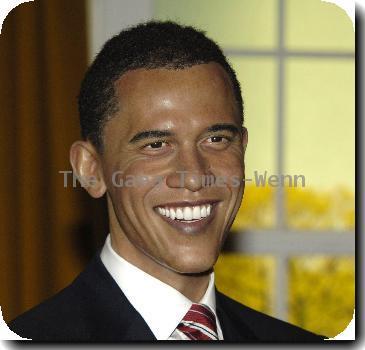US congressional panel approves measure saying WWI-era killing of Armenians was genocide
By Desmond Butler, APThursday, March 4, 2010
House panel approves Armenian genocide resolution
WASHINGTON — Turkey, a key Muslim ally of the United States, angrily withdrew its U.S. ambassador Thursday after a congressional committee approved a resolution branding the World War I-era killing of Armenians a genocide.
The House Foreign Affairs Committee endorsed the resolution, which Turkey sees as a historical affront, over the objections of President Barack Obama. The 23-22 vote sends the measure to the full House, where prospects for passage are uncertain.
“I declare such a decision that was taken with political concerns in mind to be an injustice to history and to the science of history,” Turkish President Abdullah Gul said in the capital, Ankara.
“Turkey will not be responsible for the negative results that this event may lead to.”
Historians estimate that up to 1.5 million Armenians were killed by Ottoman Turks around the time of World War I, an event widely viewed by scholars as the first genocide of the 20th century. Turkey denies that the deaths constituted genocide, saying the toll has been inflated and those killed were victims of civil war and unrest.
The reconciliation agreement reached in October between Turkey and Armenia calls for a panel to discuss “the historical dimension” of the killings. Turkey says U.S. lawmakers should stay out of the issue.
The committee’s vote is awkward for Obama, who pledged as a presidential candidate to recognize the Armenian deaths as a genocide. The administration reversed course, as Secretary of State Hillary Rodham Clinton acknowledged Thursday.
“Circumstances have changed in very significant ways,” Clinton told reporters traveling with her in Costa Rica.
She said the United States supports a Swiss effort to resolve the historical dispute.
“We think that is the appropriate way to manage the problems that have stood in the way of normalization between the two countries,” Clinton said.
Clinton said that the Obama administration is concerned the resolution could harm the talks between Turkey and Armenia.
“We do not believe that the full Congress will or should act upon that resolution and we have made that clear to all the parties involved,” she said.
Turkey, a NATO ally with a pivotal role for U.S. interests in the Middle East and Afghanistan, has warned that the resolution’s approval could jeopardize U.S-Turkish cooperation and set back negotiations aimed at opening the border between Turkey and Armenia. Turkey also currently holds one of the rotating seats on the United Nations’ Security Council that will have to approve sanctions against Iran.
“I believe that Turkey values its relations with the United States at least as much as we value our relations with Turkey,” the chairman of the House Foreign Affairs Committee, Rep. Howard Berman, D-Calif., said in urging his colleagues to pass the measure.
In April, Obama failed to brand the killings genocide in an annual White House statement on the day marking Armenian remembrance. Obama said that while he had not changed his personal views, he did not want to upset promising talks between Turkey and Armenia on improving relations and opening their border. Turkey sealed the border in 1993 to protest Armenia’s war with neighboring Azerbaijan.
The White House reiterated that Obama’s views of the killings had not changed.
White House spokesman Mike Hammer said Obama had thanked Turkey on Wednesday for efforts to resolve the dispute and urged Turkey to quickly ratify the deal reached in October with Armenia that would open the border between the two countries.
The deal must be approved by the Turkish parliament, and Turkish lawmakers have warned that the committee’s vote could stall progress.
Armenian American groups have sought congressional affirmation of the killings as genocide for decades.
The Foreign Affairs Committee approved a similar genocide measure in 2007, but it was not brought to the House floor for a vote following intensive pressure by then-President George W. Bush.
Following the 2007 committee vote, Turkey promptly recalled its ambassador, and U.S. officials feared the Turks might cut off American access to a Turkish air base essential to operations in Iraq.
Associated Press Writers Suzan Fraser in Ankara, Turkey, Matthew Lee in San Jose, Costa Rica and Darlene Superville in Washington contributed to this report.
Tags: Afghanistan, Armenia, Armenian genocide resolution, Asia, Barack Obama, Central America, Central Asia, Costa Rica, District Of Columbia, Eastern Europe, Europe, Genocides, International Agreements, Latin America And Caribbean, Middle East, North America, Turkey, United States, Washington, Western Europe



